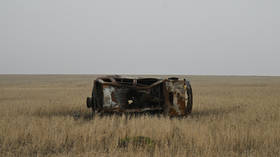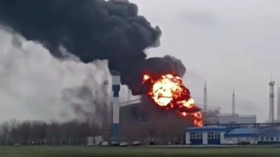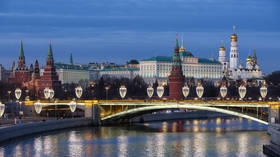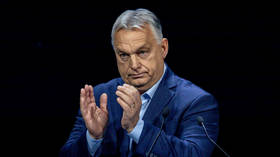The AZF explosion of Toulouse – a judicial mystery
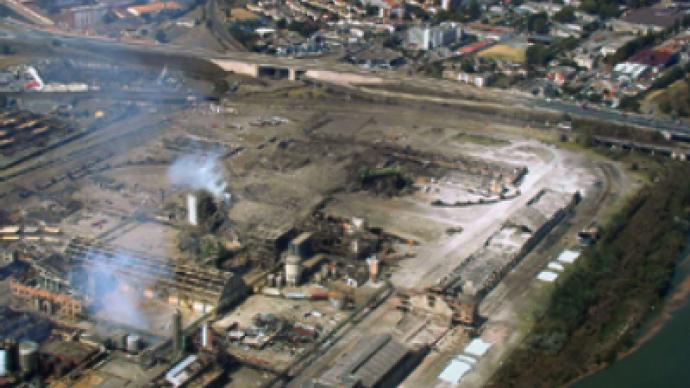
Only ten days after the 9/11 terrorist attack on the Twin Towers in New York a huge explosion at the AZF chemical works devastated a large part of Toulouse, but the trial of the case has only just begun.
30 people died in the explosion, 2500 were seriously wounded, and 30,000 homes were devastated. The explosion of 350 tonnes of ammonium nitrate used to make fertilizer left a crater 70 meters long, 40 meters wide and nearly six meters deep. It was the biggest industrial disaster in France since the Second World War. The final bill for the damage was two billion euros. A huge and wide ranging investigation was expected. What actually happened was that only two hours after the accident Agence France Presse issued a report which read “according to the police their initial investigations reveal that the explosion was probably accidental”. Even more strange, only two days after the explosion the Chief prosecutor of the city of Toulouse, Michel Breard, announced that it was «99% certain that it was an accident».
99% certain? As a police officer, who preferred to remain anonymous remarked “to be 99% sure would mean that people had been arrested or were being questioned but in reality the investigation had barely started”. At no time did the prosecutor mention even the possibility of a fire causing the explosion or some sort of smaller detonating explosion that would have triggered the main blast, as was the case in all the major explosions involving ammonium nitrate in the past. A brief glance at the internet should have told the prosecutor that for the chemical to explode it has to be heated to 300°C. Any question of terrorism was brushed aside.
Ever since that premature announcement the state has stuck to its theory that the explosion was caused by an accident. To be specific, by the negligent mixing of ammonium nitrate with chlorine, also present on the site. Thirteen employees at the factory were charged with causing death through negligence. It was alleged that a workman dumped a load of chlorine on the waste ammonium nitrate tip, without realising what he had done, thus causing the explosion. Two years after the accident this theory led to a moment of farce. A reconstruction of the accidental mixing was enacted with the result that the presiding magistrate and his accompanying entourage had to flee the site with tears pouring down their cheeks. It is impossible to make such a mistake without wearing at least a protective face mask. With this clear evidence of the unlikely nature of the official theory, 12 of the thirteen accused were given an absolute discharge.
Only the director of the plant was left to face charges along with the company.
Of the two possible normal causes of the explosion, a fire is excluded. It would have had to be prolonged and all are agreed there was no fire. Was there a detonation? Initially the government experts were certain, the technical evidence showed that there was only one explosion. One expert from the government seismological service did eventually after two years admit that there may have been two – a small one followed by the main one. A survey of the population of Toulouse showed that 250,000 people thought they heard just that. The government experts assured them that it was a trick of sound and they were mistaken. Then a tape recording of a meeting taking place at the time of the explosion emerged. It is worth noting exactly the dialogue and what it disclosed:
Madame X: "On the other hand…. (sound of first explosion)
Madame Y: “Hold on!” silence…
Madame X continues: “on the other hand…”
Monsieur X: “That was an explosion!”
Monsieur Y: “It was a noise from an engine”
Monsieur X: “What?”
Monsieur Y: It was a noise from… (sound of second explosion much louder followed by shouts of panic and the sound of alarms going off)
The people at the meeting informed the prosecutor of the tape’s existence the next day and delivered a copy to his office. However, unbelievably, it was not until October 21, 2005, four years later, that the copy reached the judge in charge of the case.
A steady pile of other evidence indicating the strong possibility of a suicide terrorist attack has emerged including the presence of suspected Islamist fundamentalists amongst the dead. Equally there has been a steady accumulation of evidence of government obstruction. The autopsy of the body of a possible terrorist was irregularly carried out, potential witnesses were not questioned, and evidence from the site was cleared away before it could be examined properly. As the advocate for the Total said:
“The first days of the enquiry were not used as they should have been. In a criminal enquiry if things are not done as they should be in the first days it is regrettable and …it is irreparable. The enquiries that we wanted into a deliberate act of sabotage were carried out in 2005. Too late.”
Two distinguished investigative journalists, Marc Menessier from Le Figaro and Anne-Marie Casteret from the magazine L’Express, who uncovered the evidence of possible terrorism and the failings of the enquiry, faced criminal charges for printing articles likely to cause public panic. They hung over the accused for several years and were then dropped without explanation.
It should be understood that it would suit the government and the victims of the accident if negligence were the cause. Total, the ultimate owners of the plant, who made 14 billion euros profit this year, would then be liable for the damage. The consequences for race relations in France, with its five million Muslims, if it was found that Islamist terrorism was the cause of the devastation are not hard to imagine. However the employees and Total Oil are determined to examine every possibility because they are quite clear that there is no evidence of negligence by them on the site. The trial is to last four months and former Prime Minister Jospin is to be questioned in March as well as Michel Brùard, the Public Prosecutor at the time. No doubt other surprises will emerge.
Robert Harneis for RT




